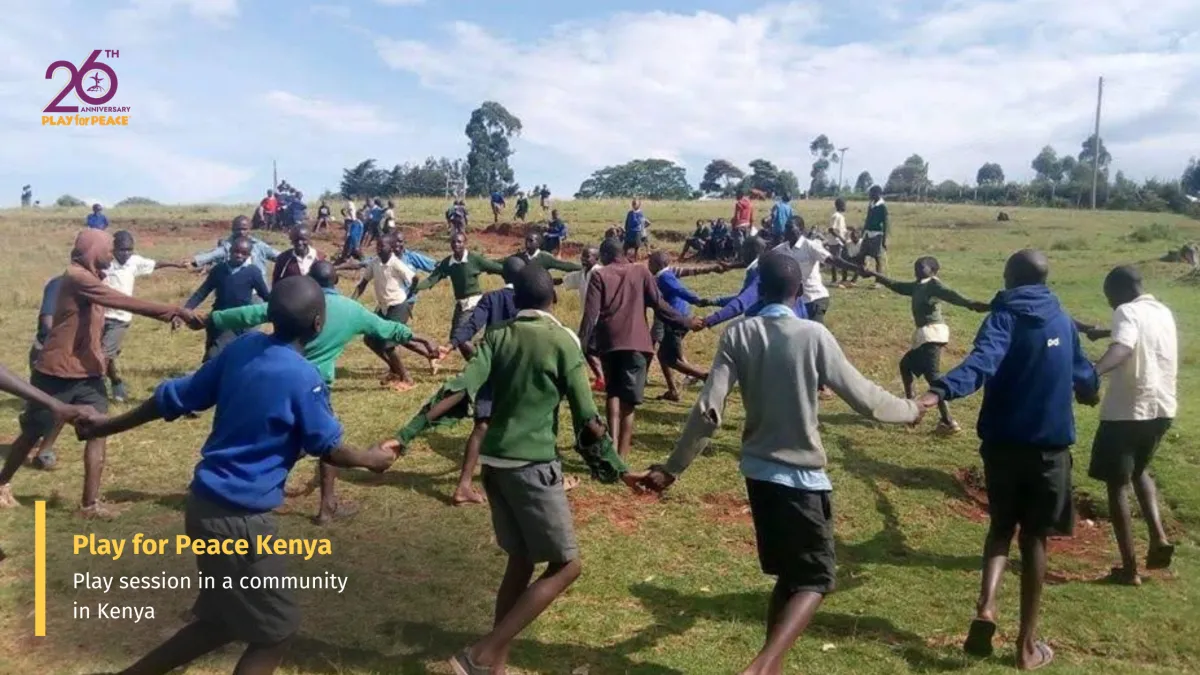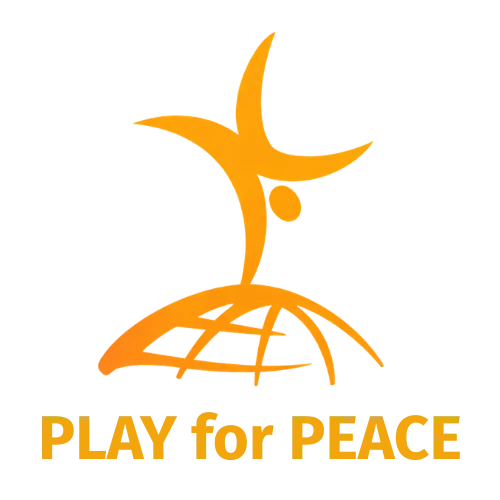
How Culture and Play Shape Childhood in Kenya
In the heart of Africa, within the Abagusii community of Kenya, play is more than just fun, it is a sacred part of life. From the moment a child enters the world, play is a powerful force that nurtures connection, celebration, identity, and learning. For me, this is more than a memory, it’s a living experience that shapes how I view peacebuilding, education, and community development today.
Play Begins at Birth
When a mother goes into labor in our community, women gather around her in song and dance. These traditional birth rituals—full of rhythm, movement, and ululations—are not only celebratory but supportive. The collective energy encourages the mother-to-be and welcomes the new life into the world with joy and music. This is the first act of communal play, where life and love begin in motion.
The Power of Naming Through Play
Naming a child is also a playful and symbolic act. A week after birth, families and neighbors come together in a circle. Names are recited until the baby sneezes, an ancient cue signaling the chosen name. The name often reflects the child’s birth circumstances:
Nyambura (born during rain)
Nyanchera (born on the road)
Maina or Mbera (given to children who survive after previous stillbirths)
Each name holds meaning, memory, and community legacy—all uncovered through a playful, cultural ritual.
Sunrise Blessings and Fireside Stories
As toddlers grow, mothers dedicate their children to the morning sun, lifting them and uttering words like “Rioba nderere” (“Sky, take care of my baby”). It’s a moment of deep spiritual play and blessing.
Between ages 2 to 10, children live close to their grandparents, who serve as moral guides. The evenings are filled with fireside storytelling, where lessons of kindness, bravery, and respect are passed down, not through lectures, but through imagination and laughter.
Games like hide-and-seek, cooperative play, and nature exploration are everyday tools for teaching life skills. Through these traditions, play becomes a teacher, a healer, and a bridge between generations.
Why This Story Matters Today
In our modern peacebuilding work at Play for Peace, stories like these remind us that play is a universal language, but also a deeply cultural one. Honoring traditions like those of the Abagusii not only connects us to our roots but also shows how joy, music, and ritual can create emotionally safe spaces for learning and healing.
Let’s Keep Culture in the Circle
As we work to foster inclusion, community connection, and emotional well-being worldwide, may we never forget that culture is a powerful ally in peace education.
🌍 Want to support more culturally grounded peacebuilding?
Join us in spreading play that honors heritage and heals division at playforpeace.org
Your support helps us bring stories like Innocent’s to life, where play, culture, and community unite to create peace.
🔗 Support the Spring Campaign now at playforpeace.org/donate.






